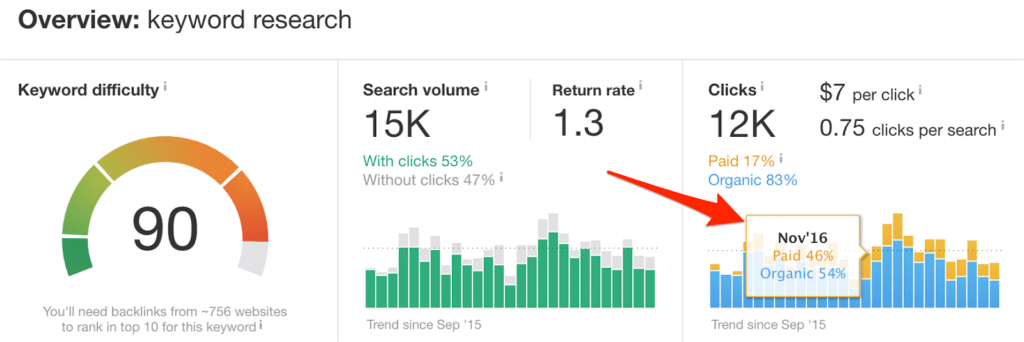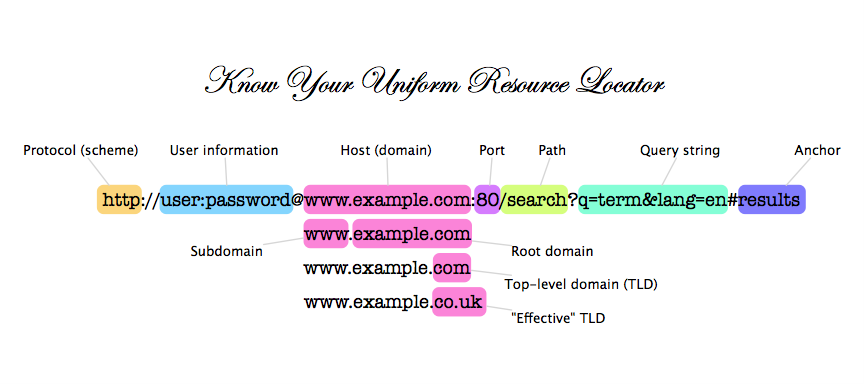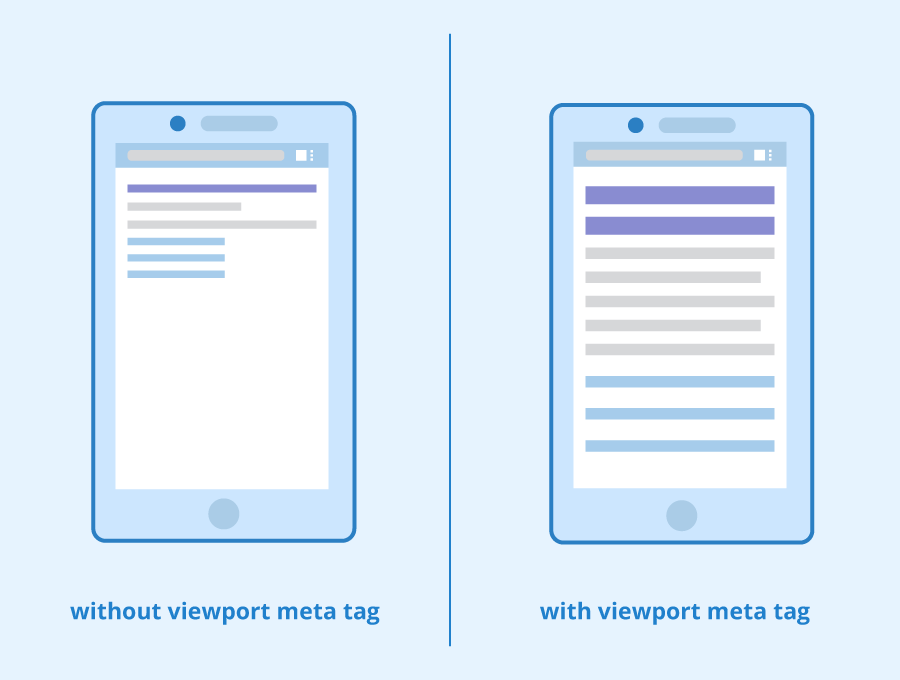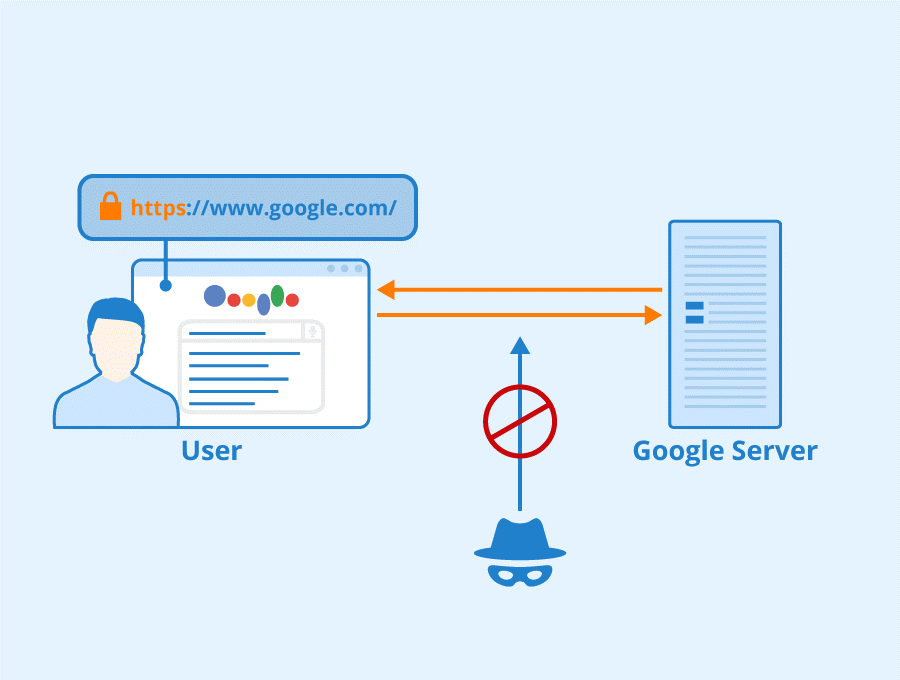Have you recently implemented an Enterprise SEO Strategy? Do you want to verify whether your Enterprise SEO tactics are on the right track? You need an Enterprise SEO Audit!
Ranking for high-competition keywords is one thing, but ensuring your websites stay on top of the Google Search hill is quite another.
To remain the king of the hill, you must understand what’s going right and what could go wrong.
An Enterprise SEO Audit helps you do just that. It is the process through which you analyze your Enterprise SEO strategy and understand its impact on your website’s rankings.
- But what does an Enterprise SEO Audit entail?
- What are the factors you should consider when conducting the Audit?
- How frequently should you conduct an Enterprise SEO Audit?
In this blog, we’ll answer all questions related to Enterprise SEO Audits. We’ll also give you a checklist of the 13 things you should check when conducting the audit.
Let’s get started!
Why You Should Conduct an Enterprise SEO Audit
An Enterprise SEO Strategy is how companies and enterprises with huge websites optimize their websites for high-value, high-competition keywords. It helps them
- Attract traffic,
- Stay relevant, and
- Build brand presence.
It requires coordinated efforts from SEO experts, content creators, marketing specialists and sales teams. It also requires a lot of resources, time and commitment.
If you’re implementing an Enterprise SEO Strategy, you’ll naturally want to ensure it is on course to deliver a good return on investment and achieve its stated goals.
Thus, an Enterprise SEO Audit is a natural extension of a good Enterprise SEO Strategy. It reflects your company’s proactive approach to Enterprise SEO.
13 Reasons How: What to Check During an Enterprise SEO Audit
1. Keyword Targeting
Keywords are the meeting point between your customers and your websites. They are the expression of your customers’ problems and your solutions to such problems.
Thus, every Enterprise SEO strategy will have a strong keyword target tactic that optimizes web pages for high-value, high-competition, long-tail keywords.
Therefore, it is also the first thing to check when conducting an Enterprise SEO Audit. Here are two things to keep in mind when auditing your keyword targeting:

- Are You Targeting Qualified Leads?
Ensure that your keywords target qualified leads, not just cold prospects that don’t move down your sales funnel.
Even when a keyword-optimized web page aims to inform a customer about your product, ensure that the CTA leads them to the next phase in the sales funnel.
- Are You Utilizing Localization?
Sometimes, keyword targeting is not a straightjacket solution. You might have to go further in your keyword research to see the substitute terms and phrases your qualified prospects use in specific regions.
For instance, if you run a shipping company, “car shipping” might attract leads in New York, but for California, you may have to use the words “auto transport.”
2. Keyword Utilization
Optimizing websites for keywords is one thing, but utilizing them appropriately is another. Keywords are often used too often, not frequently enough or downright inappropriately.
To avoid this, consider these three things during your Enterprise SEO Audit:
- Keyword Frequency
Ensure your content uses keywords at the ideal frequency. Compare your keyword density with that of high-ranking websites and competitors. Based on this, target a specific keyword density and instruct your content creators to meet it.
- Keyword Stuffing
While you must ensure that your content creators meet the keyword density target, you must also avoid keyword stuffing. Because even if qualified leads reach your website, the stuffing might put them off!
So, keyword stuffing might lead to exactly the opposite of what you want to achieve with the Enterprise SEO Strategy.
- The 100-Word Rule
Check whether the primary keywords for which you want to optimize your web pages appear in the first 100 words of your copy and content.
Ensure that this is the norm for all web pages you have optimized.
3. URL Check
URLs, or your website’s address, convey your website’s context to the users and search engine crawlers. They also specify your website’s source in a computer network and the mechanism for retrieving it for users.
It is important to remember that Google considers URLs when deciding whether your website will appear on its Search Results page.
Here’s what to check for in your URLs during an audit:
- Your URLs should include the keywords for which you are optimizing your web pages,
- The URLs must be less than five words, and each word should be separated by hyphens,
- The URLs should be simple: they shouldn’t use special characters or capital letters.

4. Indexing Frequency
Indexing is how Google acknowledges your webpage and includes it in its repository of web pages. It is important to note that if Google has not indexed your page, it won’t appear on the Google Search Results page.
Thus, while conducting an Enterprise SEO Audit, ensure two things:
- Google has indexed your page on the Index Coverage report on Google Search Console,
- Look for and fix Indexing Errors that prevent Google from crawling your website.
- If Google hasn’t indexed your pages, submit them to Google.
5. Meta Title and Description
Meta Tags include the title and website of your website on Google’s Search Results page. Research suggests that Google rewrites meta tags for 70% of the websites it indexes.
This means that Google doesn’t think that 70% of the pages it indexes have accurate meta tags that indicate its context and content.

Similarly, research indicates that 75% of top-ranking pages have meta tags. This indicates the importance of having meta tags for Enterprise websites and pages.
Thus, while conducting an Enterprise SEO Audit:
- Ensure that your meta tags contain keywords,
- Follow the 50-150 rule: title tags should be less than 50 characters and descriptions less than 150.
6. Content Headings
Headings, in addition to Titles and H1s, help increase the readability of your web pages. They also indicate that your website is highly scannable and user-friendly.
Thus, ensure that your content contains relevant H2, H3 and H4 classifications. This will tell Google that your websites and web pages take a comprehensive approach to their content and topics.
7. Linking Review
There are three types of links that your website contains:
- Internal links that lead to other pages on your website,
- External links that take users to other websites on the internet and
- Backlinks: the external links that lead to your website from other websites.
Make sure your websites and pages are optimized for all three categories.
Of the three, backlinking might be the most important. It is considered among the top factors that Google considers while ranking websites.
A strong backlink profile isn’t a product of just quality creative content. It also requires that you conduct outreach efforts to increase its value and marketability.
While you can directly control internal and external linking, backlinking requires a strong brand presence and comprehensive content coverage. Thus, having a strong backlink profile also signals domain authority.
You can check your website’s backlink profile through various SEO Checker tools.

8. Mobile Orientation
Over 50% of organic search traffic comes from mobile searches. Because of this, Google has started prioritizing indexing mobile websites for mobile search rankings.
You can use Google’s free tool to determine the mobile-friendliness of your website. It will:
- Tell you whether the fonts your website uses are mobile-friendly,
- Help you understand the “tap targets” of your websites and pages.

Thus, you must ensure that your websites either have a mobile-friendly orientation or that you have exclusive websites and pages for mobile browsing.
9. Page Speed
If your website doesn’t load in three seconds, the user will have shifted their attention to another website by the fourth.
Thus, every second holds huge potential and promise for your website. So, even a single second of delay can mean lost revenue and profits.
Google uses page speed as one of the main factors to rank websites.
Thus, ensure that your websites and web pages use compressed images that load quickly and provide a smooth user experience. You can check your page speed using Google’s Page Speed Insights.
10. Optimize for Crawlability
Google uses spider algorithms to crawl through your website and index it to its database.
Optimizing for crawlability means optimizing the crawl budget of your website. It refers to how many websites Google will index before moving on. To optimize this budget, ensure all pages are crawler-friendly.
During your Enterprise SEO Audit, verify your website’s crawlability through these three methods:
- Ensure that the robots.txt files allow Google to request the information it needs from your website to index it properly,
- Create a site map that is “visible” to the crawling algorithm. The algorithm uses the sitemap to understand how users will see your website.
Remember, maximum crawlability gives your websites and web pages the best chance of being indexed by Google’s algorithms.
11. Image Optimization
Images are becoming increasingly important in today’s webscape: Google witnesses nearly 12 billion image searches every month.

To ensure that your website is optimized for image search, ensure:
- That the images on your website are marked by the correct meta tags,
- Give images contextual tags: use them to name the products they indicate or use them to indicate the context of the image.
- Use hyphens in the image tags similar to how you use them in URLs.
12. Site Security
If your website doesn’t have the proper security designation, Google will not rank it. So, ensure your websites and web pages have a Security Sockets Layer (SSL) certification and HyperText Transfer Protocol Secure (HTTPS) designation.

Accurate and relevant security designations are necessary for a higher rank on Google. They also inform users their information and privacy are not being compromised. Thus, they build credibility with search engines and trust with users.
13. Content Quality
This factor may be listed last, but its importance should not be underestimated. After all, the reason you want to optimize your website is to expose more and more users to your content.
Thus, verifying that everything else is in place is not enough if you haven’t audited your content. So, ensure that your content creators are curating creative, original content.
Remember to check your websites and web pages for duplicate content.
Large websites that cater to different regions might have this problem. To avoid it, mark your original web page with a canonical tag for easier identification. This will also help you optimize your web pages for regional audiences.
How to Conduct an Expert Enterprise SEO Audit
Enterprise SEO Audits can be challenging: it is a “who gatekeeps the gatekeepers?” problem. So, you might have in-house SEO experts devising and executing an Enterprise SEO Strategy. But how can they honestly review their own work?
Moreover, as a business owner or an enterprise executive, you might not know the correct metrics (apart from your website’s traffic) to judge the Enterprise SEO Strategy.
That’s where we come in! Our Enterprise SEO experts are ready to help you conduct a thorough Enterprise SEO Audit.
We’ll help you address all your Enterprise SEO concerns and give you seasoned advice to sharpen your Enterprise SEO Strategy.
Our dedicated SEO personnel will help you conquer the Search Summit and stay there, too!
Contact us to plan an Enterprise SEO Audit, or reach out for more information about our Enterprise SEO Services.



